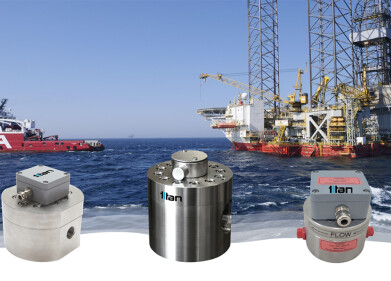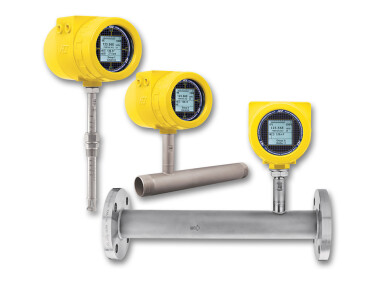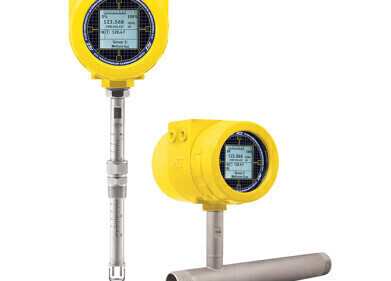Flow level pressure
How Long Will the Keystone Pipeline Be?
Feb 18 2020
In a controversial step forward for the Keystone oil pipeline, the Trump administration has approved a permit that will allow construction on United States land in Montana. Designed to connect tar oil fields in Western Canada with refineries in the Gulf of Mexico, the $8 billion project has garnered fierce criticism from environmentalists.
Now the project is one step closer to completion, with the government granting TransCanada Energy construction crews access to federal lands. The approval was by Interior secretary David Bernhardt and grants permission for the construction of 46 miles of pipeline across Montana. The land the pipeline will span across is owned by the Bureau of Land Management and the US Army Corps of Engineer, which gives the Trump administration the power to grant access to TransCanada Energy, despite intense opposition from local and international environmental groups.
One step closer to completing the 1200-mile pipeline
While it's a relatively small segment, the Montana stretch will help complete the 1200-mile Keystone pipeline, which will have the capacity to transport 830,000 barrels of crude oil per day. The proposition to build a pipeline was first put forward in 2008, though was quickly rejected by the Obama administration. Upon winning office, President Trump has thrown support behind the Keystone pipeline. According to TransCanada Energy, almost 100% of the permits needed to fast-track construction on the pipeline have now been acquired.
“We have now acquired nearly 100 per cent of the right of way,” said Russ Girling, TC Energy president and CEO.
Pipeline faces fierce opposition from environmentalists
Not only are there major concerns surrounding spills and the risk of contaminating Montana’s Missouri River, but environmentalists have slammed the government for flagrantly expanding oil infrastructure when the focus should be on transitioning to clean, renewable energy. Environmentalists also warn that adding an extra 830,000 barrels of capacity to North America's daily oil production will have a catastrophic impact on climate change acceleration. The pipeline has also faced opposition from Native American tribes, who claim the infrastructure will compromise water sources used by local reservations and violate tribal land.
It's not just oil pipelines under scrutiny, with offshore platforms also sparking major safety and environmental concerns. If you'd like to know more about how rugged thermal FLT93S Switches are being used to enhance safety at sea, don't miss 'Offshore Platform Fire Safety Sprinkler System Depends on Liquid Flow Assurance Switch.
Digital Edition
PIN 25.6 Buyers' Guide
January 2025
Buyers' Guide Directory - Product Listings by Category - Suppliers Listings (A-Z) Articles Analytical Instrumentation - ASTM D7042: The Quantum Leap in Viscosity Testing Technology -...
View all digital editions
Events
Jan 20 2025 San Diego, CA, USA
Jan 22 2025 Tokyo, Japan
Jan 25 2025 San Diego, CA, USA
SPE Hydraulic Fracturing Technology Conference and Exhibition
Feb 04 2025 The Woodlands, TX, USA
Feb 05 2025 Guangzhou, China



















